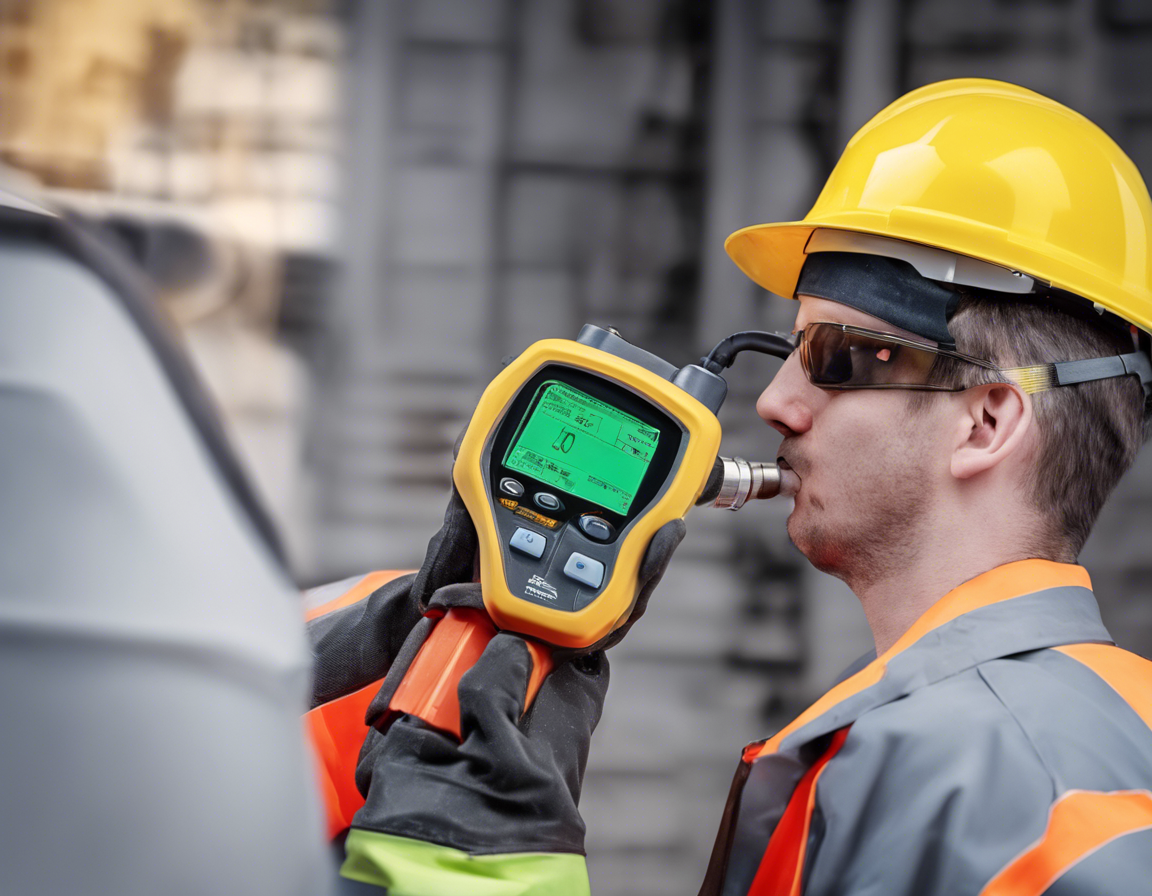Gas leaks are a serious concern for homeowners as they can lead to fire, explosions, and health hazards. It’s crucial to be able to detect gas leaks in your home quickly and accurately to ensure the safety of you and your loved ones. In this article, we will discuss expert tips for gas leak detection in homes to help you proactively address this potential danger.
Understanding the Signs of a Gas Leak
Before we delve into detection methods, it’s important to be aware of the common signs of a gas leak in your home:
- Smell: Natural gas is odorless, but utility companies add a distinctive sulfur or “rotten egg” smell to help detect leaks.
- Sound: A hissing or roaring sound near a gas line or appliance may indicate a leak.
- Physical Symptoms: Symptoms like dizziness, nausea, fatigue, or headaches could be a sign of a gas leak-related issue.
Gas Leak Detection Tips
1. Install a Gas Detector
Gas detectors are an effective way to monitor gas levels in your home continuously. These devices can alert you at the first sign of a leak, providing peace of mind and enhancing safety.
2. Perform Regular Inspections
Routine inspections of gas lines and appliances are crucial. Look for corrosion, rust, or damage on pipes, as well as any loose fittings or connections. Additionally, check for dead vegetation near gas lines outside, as this could indicate a leak.
3. Conduct a Leak Test
If you suspect a gas leak, perform a simple leak test to detect the source. Mix soapy water and apply it to gas line connections; if bubbles form, there is a leak. Remember to never use a flame to test for leaks.
4. Use a Gas Leak Detection Solution
Gas leak detection solutions are available that can help identify leaks quickly and efficiently. These solutions change color when they come into contact with gas, providing a visual cue to the location of the leak.
What to Do If You Suspect a Gas Leak
If you suspect a gas leak in your home, follow these steps immediately:
- Evacuate: Leave the premises and move to a safe location.
- Do Not Use Electronics or lights: Sparks from electronic devices can ignite gas, so avoid using anything that could create a spark.
- Call for Help: Contact your gas company or emergency services from a safe location.
Frequently Asked Questions (FAQs)
1. How do I know if I have a gas leak?
Common signs of a gas leak include a rotten egg smell, hissing sounds, or physical symptoms like dizziness or nausea.
2. Can I use my nose to detect a gas leak?
Yes, the distinctive sulfur smell added to natural gas helps in detecting leaks. However, not everyone can smell it, especially in certain situations, so it’s important to have other detection methods in place.
3. How often should I inspect my gas lines and appliances for leaks?
Perform a visual inspection at least once a month. Additionally, schedule professional inspections annually to ensure all gas lines and appliances are in good working condition.
4. Are gas detectors a reliable way to detect leaks?
Yes, gas detectors are highly reliable and can provide early detection of gas leaks, minimizing the risk of potential hazards.
5. What should I do if I accidentally damage a gas line?
If you accidentally damage a gas line, evacuate the area immediately, contact emergency services, and wait for professionals to address the issue. Never attempt to repair a gas line on your own.
In conclusion, being able to detect gas leaks in your home is essential for maintaining a safe living environment. By following these expert tips and remaining vigilant, you can mitigate the risks associated with gas leaks and protect your home and family from potential harm. Remember, safety always comes first when dealing with gas-related issues.
